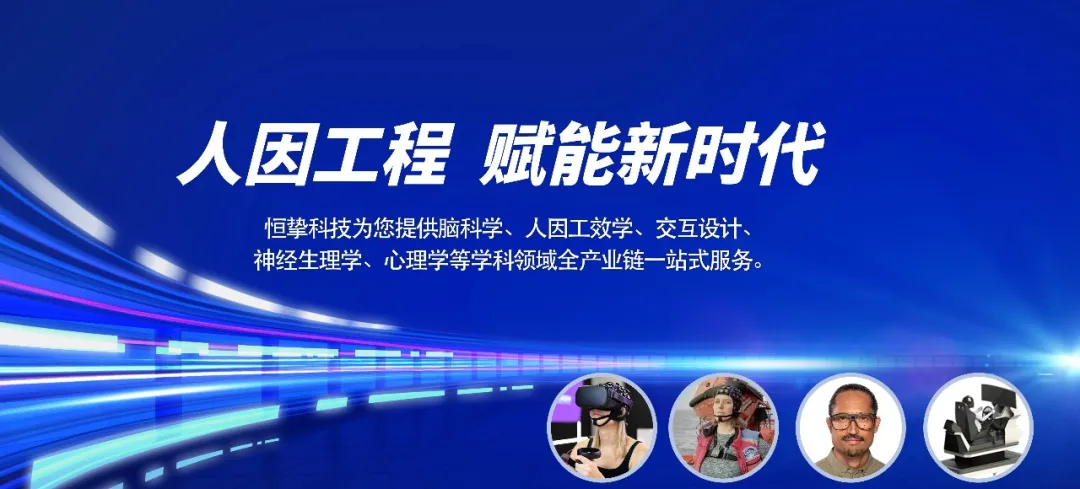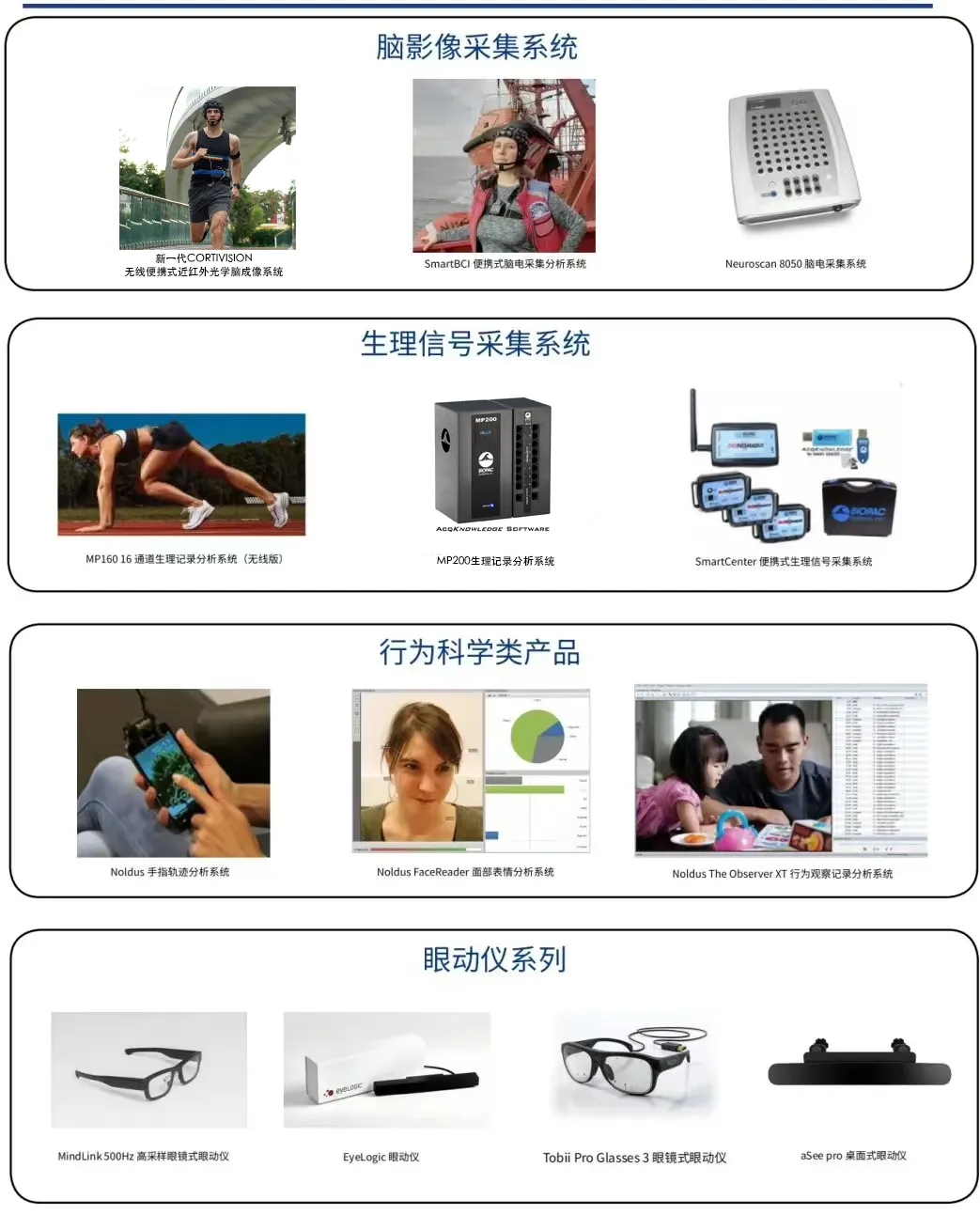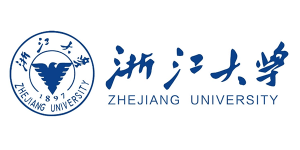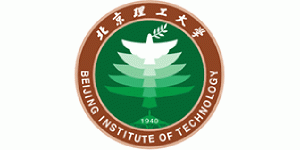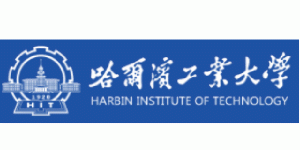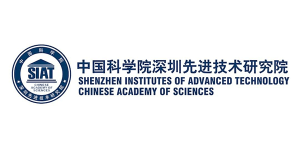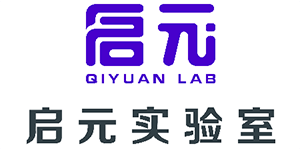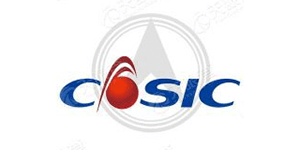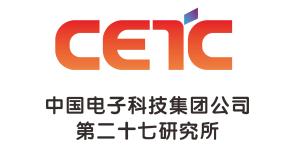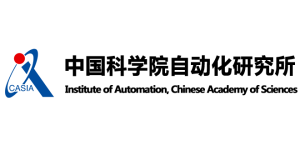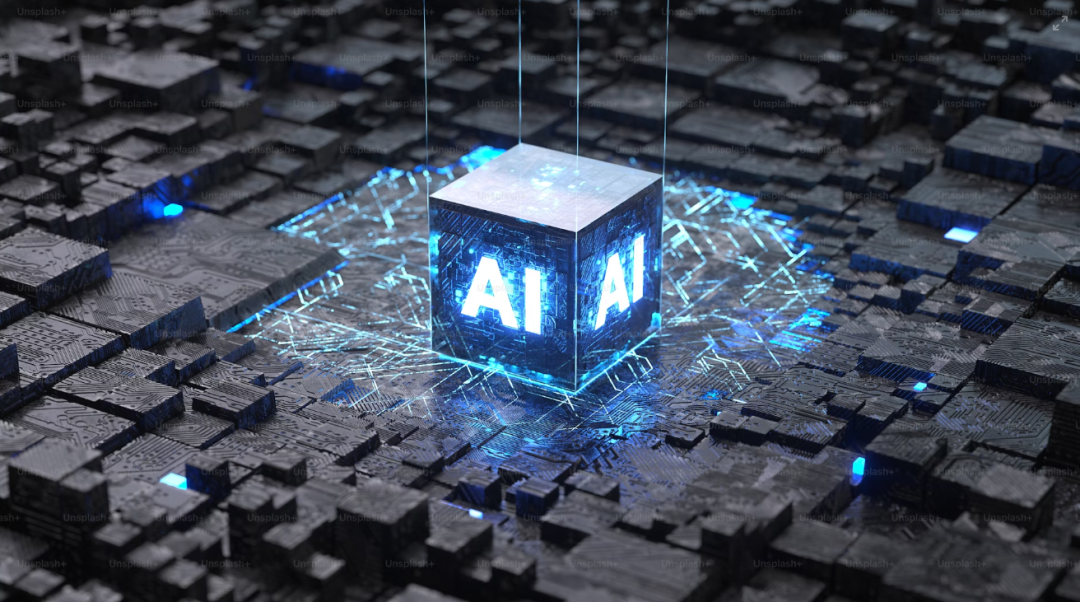

International Journal of Industrial Ergonomics Special Issue on “Enhancing Human-Computer Collaboration through Artificial Intelligence: Addressing Frontier Challenges with Interdisciplinary Solutions” is calling for papers. (Submission deadline: 29 August 2025)
With the rapid advancement of science and technology, machine-assisted systems and Artificial Intelligence (AI) are reshaping and optimizing all aspects of production and lives with unprecedented scope and depth. Industries such as manufacturing, transportation, and construction are being transformed toward greater intelligence, efficiency, and sustainability. This evolution is not only reflected in common human-computer interactions, such as intelligent manufacturing, autonomous driving, and smart construction, but also in how AI can integrate into and enhance every aspect of production and operations in new ways, propelling industries to new levels of development.
However, alongside the pursuit of high automation and intelligence, new challenges and issues have emerged. The widespread adoption of AI has raised pressing social and ethical concerns. Ensuring that technological advancements benefit all of humanity, rather than exacerbating social disparities, is critical. Key issues include how to balance technological progress with job security to prevent unemployment from automation, how to ensure fairness, transparency, and accountability in AI systems to mitigate algorithmic discrimination, and how to establish effective regulatory frameworks to protect personal privacy and data security.
This special issue aims to gather the expertise of scholars from various disciplines—industrial engineering, human factors engineering, neuroscience, psychology, sociology, and computer science – to discuss the latest research, trends, and interdisciplinary solutions in AI-driven human-machine collaboration. By fostering interdisciplinary cooperation, we seek to explore how to build safer, more efficient, and more comfortable human-machine work environments, how to enhance workers’ skills to adapt to new production models, and how to promote the development of a new industrial ecosystem where humans and machines coexist harmoniously and benefit one another.
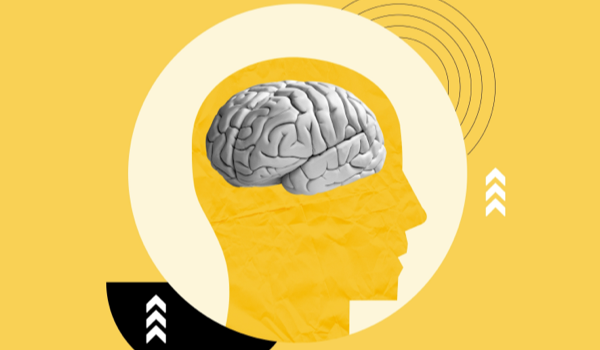

Some examples of relevant topics include, but are not limited to:
-
AI Technology for Human-Computer Interaction and Risk Assessment in Safety Management: Utilizing AI to enhance human-computer interaction in workplaces, improve safety awareness, and reduce risks through data analysis and early warning systems. -
AI-Assisted Smart Production Line Design and Optimization: Exploring how AI optimizes production processes, enhances productivity, and impacts worker health, safety, and workload. -
Neuroscience and Psychology in Human-Computer Interface Design: Leveraging neuroscience and psychology to understand cognitive processes, emotional responses, and trust mechanisms in AI-assisted systems. -
Adaptive Human-Machine Collaboration: Investigating how AI can facilitate seamless collaboration between humans and machines, including intelligent assistants, wearable sensors, and AR/VR technologies in various contexts. -
Ethics, Privacy, and Security in AI-driven Human-Machine Collaboration: Addressing ethical concerns, privacy protection, and security challenges, and proposing interdisciplinary solutions. -
Ergonomics in AI-Integrated Work Environments: Studying how ergonomic design can reduce occupational injuries and improve job satisfaction in AI-enhanced workplaces. -
Human factors in Advanced Human-Computer Interactions: Providing design recommendations and efficiency enhancement strategy for advanced human-computer interaction technologies, including eye control, brain-computer interface, VR/AR, gesture interaction, voice interaction, etc. -
Emotional Intelligence and Human-Machine Emotional Communication: Exploring the role of emotional intelligence technologies in human-machine collaboration, including emotion recognition and empathy. -
AI Impact Assessment in Socio-Technical Systems: Analyzing AI’s impact on socio-technical systems, such as labor markets and supply chains, and the resulting changes in employment structures and workplace cultures. -
AI-Enabled Industry 5.0 and New Paradigms in Human-Computer Collaboration: Examining how AI drives innovation in human-computer collaboration models in Industry 5.0, including adaptive learning and predictive maintenance. -
AI in Cross-Cultural Human-Computer Collaboration: Providing customized human-computer interaction solutions for multinational enterprises, taking into account cultural differences in AI acceptance and behavior. -
Applications of Computer Vision and Pattern Recognition: Investigating the use of computer vision and pattern recognition for defect detection and hazard identification, aiming to enhance product quality and safety through high-precision image analysis.
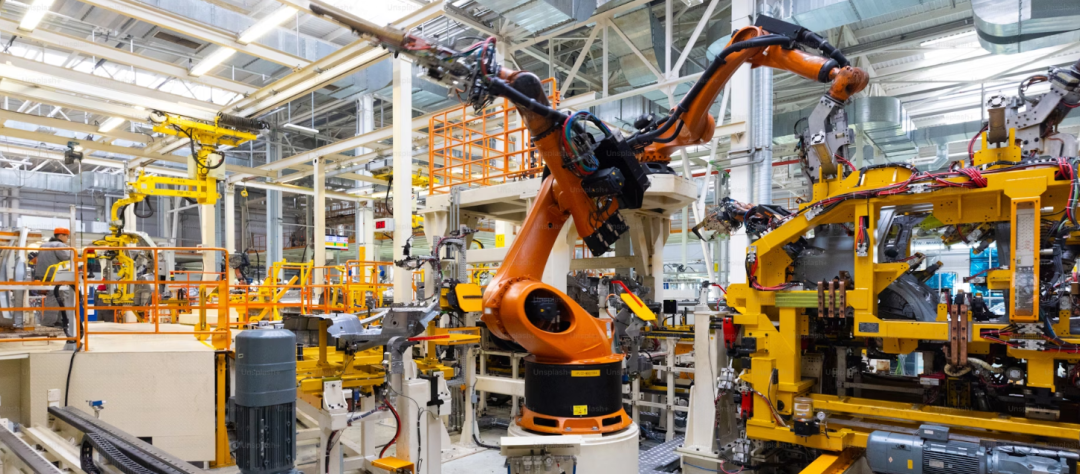

Keywords:
Artificial Intelligence; Human-Machine Collaboration; Socio-Technical System; Brain-Computer Interface; Eye-Tracking; Intelligent Manufacturing; Autonomous Driving; Smart Construction
Guest editors:
Prof. Hanliang Fu, Xi’an University of Architecture and Technology, Xi’an, China
Prof. Peng Liu, Zhejiang University, Hangzhou, China
Prof. Yafeng Niu, Southeast University, Nanjing, China
Prof. Weizhuo Lu, Umeå University, Umeå, Sweden
Dr. Haigen Min, Chang’an University, Xi’an, China


About IJIE:
International Journal of Industrial Ergonomics (IJIE, indexed by SSCI & SCI, 2023 IF 2.5, JCR Q2), publishes original contributions that add to our understanding of the role of humans in today’s systems and the interactions thereof with various system components. The journal typically covers the following areas: industrial and occupational ergonomics, design of systems, tools and equipment, human performance measurement and modeling, human productivity, humans in technologically complex systems, and safety. The focus of the articles includes basic theoretical advances, applications, case studies, new methodologies and procedures; and empirical studies.
Manuscript submission information:
-
Open for Submission: from 13-Jan-2025 to 29-Aug-2025 -
Submission Site: Editorial Manager -
Article Type Name: “VSI: AI Human-Computer” – please select this item when you submit manuscripts online
All manuscripts will be peer-reviewed. Submissions will be evaluated based on originality, significance, technical quality, and clarity. Once accepted, articles will be posted online immediately and published in a journal regular issue within weeks. Articles will also be simultaneously collected in the online special issue.
Guide for Authors will be helpful for your future contributions, read more: Guide for authors – International Journal of Industrial Ergonomics – ISSN 0169-8141 | ScienceDirect.com by Elsevier.
For more information about our Journal, please visit our ScienceDirect Page: International Journal of Industrial Ergonomics | ScienceDirect.com by Elsevier.
公司简介
